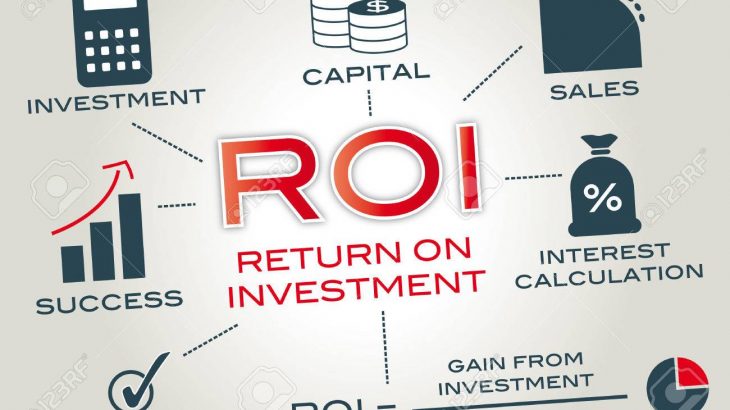What is the Return on Investment on the Equity in Your Home?
Some people think it’s the rate of appreciation on real estate in their local area. Other’s aren’t quite sure what to say because it seems like the answer should be obvious but if it is, why do I ask the question? Because the answer just might surprise you…it’s a big, fat ZERO. Equity in your home doesn’t help you at all other than putting you in a position where you can get rid of mortgage insurance if you have it – but only by paying your loan down to a certain threshold (that’s a discussion for another time), you don’t get to get rid of it via appreciation unless you refinance. The equity you gain from paying down your mortgage with each monthly payment doesn’t do anything except reduce your tax deduction, assuming you itemize – the new tax laws give such a generous tax exemption that there will be a lot fewer people who itemize on their taxes.
According to a July 9th, 2018 article on CNBC, homeowners have a record total of $5.8 trillion in tappable equity. The average homeowner has $113,900 available to withdraw after a $14,700 gain in tappable equity in 2017. Why are so many people letting that much money sit in their home earning nothing? The fact is that equity sitting in your home (whether it’s your primary residence, vacation home, or investment property) is dead equity – your home will appreciate based on what the market does whether you are mortgaged to the hilt and have very little equity or own your home free and clear. In the case of the average homeowner with $113,900 in tappable equity, if they took that money out and invested it in a decent mutual fund and only got 8% per year for just 15 years, they would have $361,310 in their investment account. In order to access that money they would have to refinance their home and their new mortgage would most likely have a higher payment than their current mortgage, but it may not be as much higher as you think. First of all, a fair bit of that equity probably came from paying the mortgage down over time so it’s likely that their current mortgage payment is based on a loan amount that somewhat bigger than what their balance is. Secondly, if they are reducing their rate in this refinance, that can also help mitigate some of the increase in size of the loan such that their payment increase wouldn’t be as big. Finally, if they haven’t gotten rid of their mortgage insurance yet, doing so with this refinance will offset another chunk of the increase in payment from a larger loan amount (admittedly, this is probably the least like of the three things to mitigate the size of the payment).
Another option for investing that tappable equity is buying real estate as an investment (check out my video series on real estate investing). There are three main benefits to owning investment properties: 1) leverage – this can really help provide a great ROI, 2) Depreciation – yes, I meant depreciation. This is a great tool for managing your taxes and it helps investors keep much more of their hard-earned money, which means they have more money for funding their Roth IRA or investing in other things. 3) 1031 Exchanges – this allows the real estate investor to keep 100% of their money working for them rather than pay taxes on capital gains when they sell an investment property.
If you have questions about any of this or any other mortgage questions, feel free to contact me at 702-812-1214, 801-893-1737, or email me at jed.wunderli@noblehomeloans.com.




